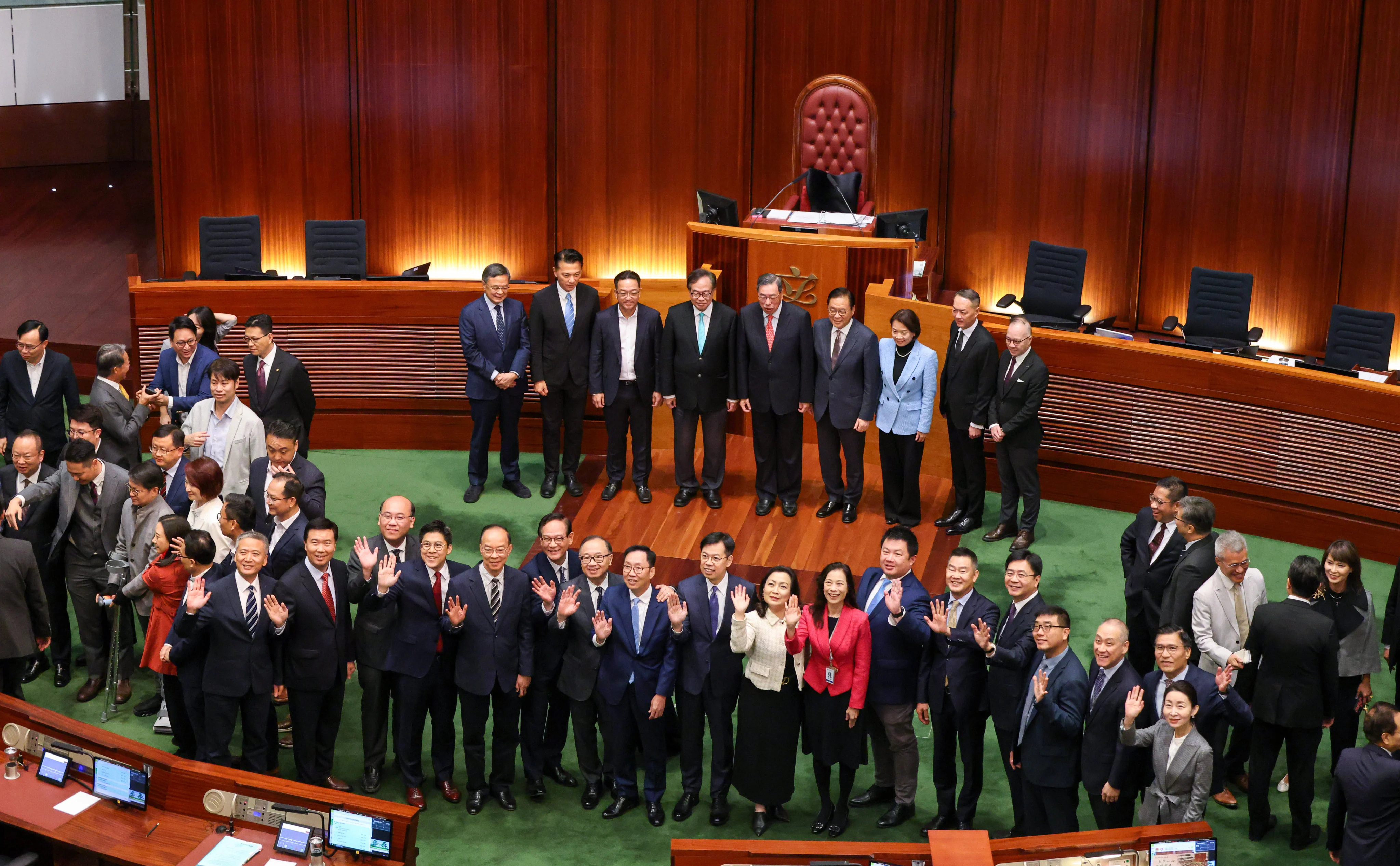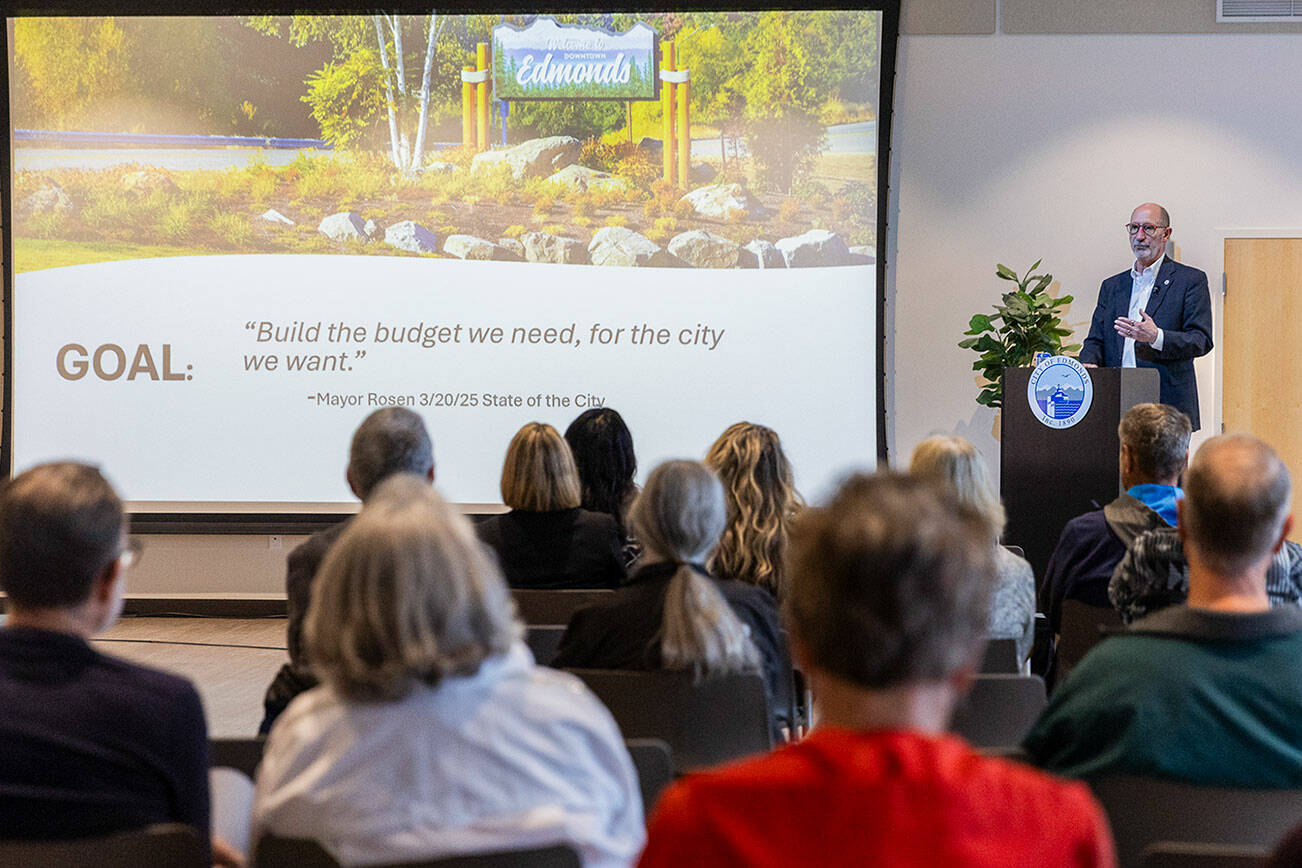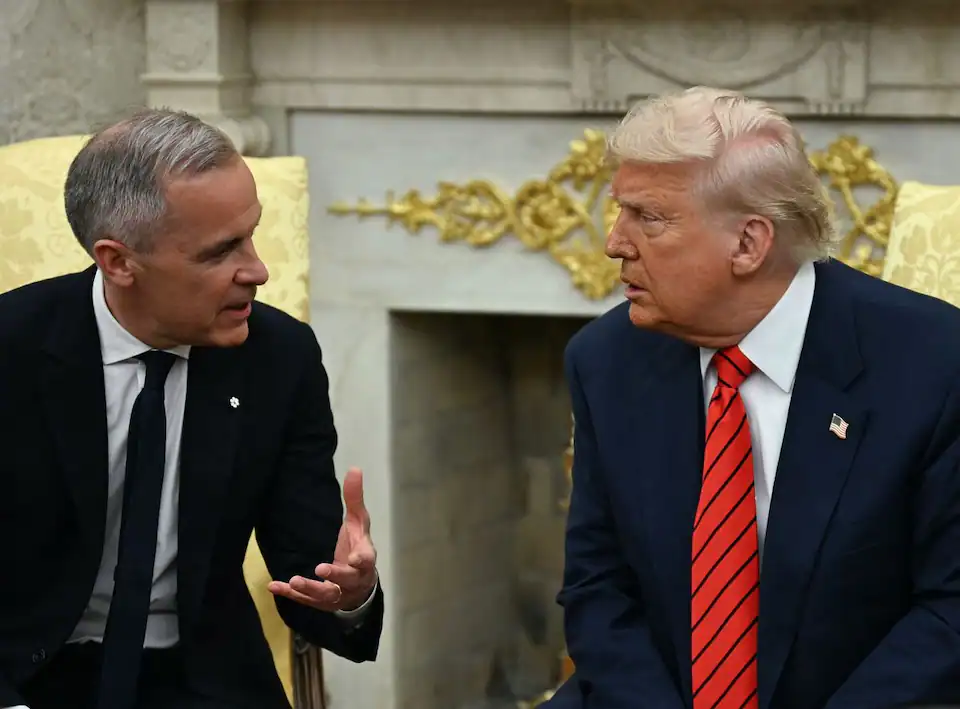Copyright scmp

The seventh-term Legislative Council has officially ended. I am sure few people had expected the attention Legco received over the past month, beginning with the news of Legco president Andrew Leung Kwan-yuen’s retirement. Amid a wave of retirements, legislators over 70 years old – including stalwarts – might be forgiven for feeling the pressure to step aside to make room for new blood. The announcement over the weekend by the New People’s Party’s Regina Ip Lau Suk-yee and Lai Tung-kwok that they would not be seeking re-election completed the list: every legislator above 70 has stepped down. Beijing appears to be confident that there will be enough quality young candidates to fill all 90 seats. Only one party, the Federation of Trade Unions, is fielding all its incumbent lawmakers in the coming election. Leung’s party, Business and Professionals Alliance for Hong Kong, has been hit hard. Out of its nine legislators, at least four have bowed out, with more rumoured to drop out. Five out of the 19 legislators belonging to the largest political party, the Democratic Alliance for the Betterment and Progress of Hong Kong, and half of the legislators from the Liberal Party have called it quits as well. But the shake-up doesn’t just involve the septuagenarians. Some who are stepping aside are nowhere near 70. A number have become “one-hit wonders”, that is, one-term legislators. This is more significant than some unspoken age limit rule. Grooming political talent is one of the core tasks of political parties. The time and resources invested in prepping them – whether it is to contest an election or to become part of the governing team – are enormous. Rarely do ready and capable candidates appear out of nowhere. Thus, to replace freshman lawmakers while multi-term lawmakers stay on indicates there is more than meets the eye. At least two of the single-term lawmakers who have been replaced had not received much negative press. They did not appear to have made any glaring mistakes – at least not in public – that would have warranted the loss of confidence. Questions remain as to how those decisions were made. A long political shelf life is important if we are to encourage political participation. When talented young political aspirants see that there is a high risk their political career could be cut short for reasons other than their own mistakes, they might be deterred from committing. Who would want to be plucked from their own professional and career path to go into politics with so little job security? This will have an impact on the future of our political parties. Would their roles and powers diminish over time when it becomes harder for them to recruit talent? That’s a conundrum they will need to tackle well beyond this December’s polls. The past month has marked big changes in Hong Kong politics. The break from tradition in not having an end-of-term banquet and doing away with the farewell motion is part of that. How political parties navigate these changes will define the future of Hong Kong politics. Some outspoken lawmakers have bowed out. One of them, Doreen Kong Yuk-foon, told reporters she would continue to serve the city in her professional capacity as a lawyer. I hope this does not mean that being outspoken is not welcomed in our new legislature. The immediate challenge for John Lee Ka-chiu’s administration is to boost voter turnout. With so many incumbents pulling out and with so many seats to fill with new faces with little public recognition, that is going to be a challenge. When asked about the administration’s views on low voter turnouts earlier this month, Secretary for Constitutional and Mainland Affairs Erick Tsang Kwok-wai asserted that a low turnout could mean that people were satisfied with the government’s performance. If that were true, why is there a get-out-the-vote campaign now? The government must be feeling the pressure after the city recorded the lowest voter turnout four years ago. And there’s also the added pressure of neighbouring Macau recording the highest number of votes cast since its handover in 1999 at the recent Legislative Assembly elections. The chief executive has already started to call on employers to fulfil their social responsibility by encouraging their employees to vote. The Hong Kong Jockey Club is giving its staff who will be on duty on polling day transport subsidies to travel to voting stations. For new faces contesting the election, it’ll be interesting to see how they can garner votes without having name recognition with their electorate.



